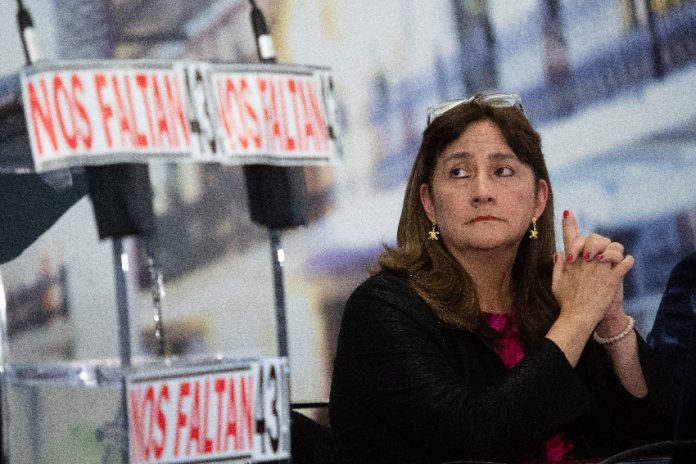Eight soldiers were arrested this week in connection with the disappearance and presumed murder of 43 male teaching students in Iguala, Guerrero, in 2014.
The soldiers turned themselves in to authorities on Tuesday, according to federal Attorney General’s Office (FGR) documents reviewed by the Reforma newspaper.
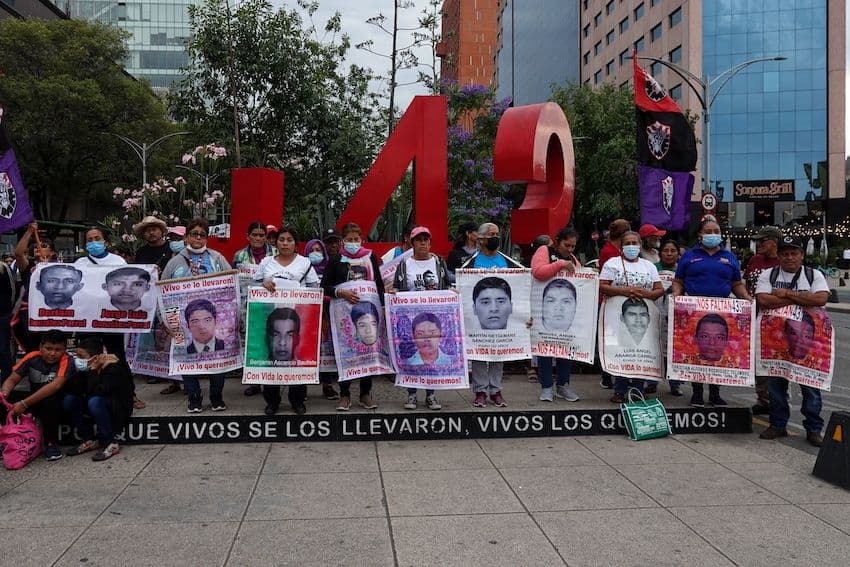
They are among 16 army members, including a colonel, for whom arrest warrants were issued on June 13 due to their alleged involvement in the abduction and presumed murder of 43 Ayotzinapa Rural Teachers’ College students on Sept. 26, 2014.
The eight other military personnel with arrest warrants, including Colonel Rafael Hernández Nieto, remain at large.
Colonel Hernández is accused of involvement in organized crime, while the 15 soldiers are accused of engaging in organized crime and forced disappearance, according to a Toluca-based judge’s order issuing the arrest warrants, which was reviewed by The New York Times.
The students, traveling on buses they commandeered to go to a protest in Mexico City, were intercepted by security forces who allegedly handed them over to members of the Guerreros Unidos crime gang. The gangsters allegedly killed the students — who were possibly mistaken for members of, or collaborators with, a rival crime gang — and disposed of their bodies. The remains of only three of the students have been found.
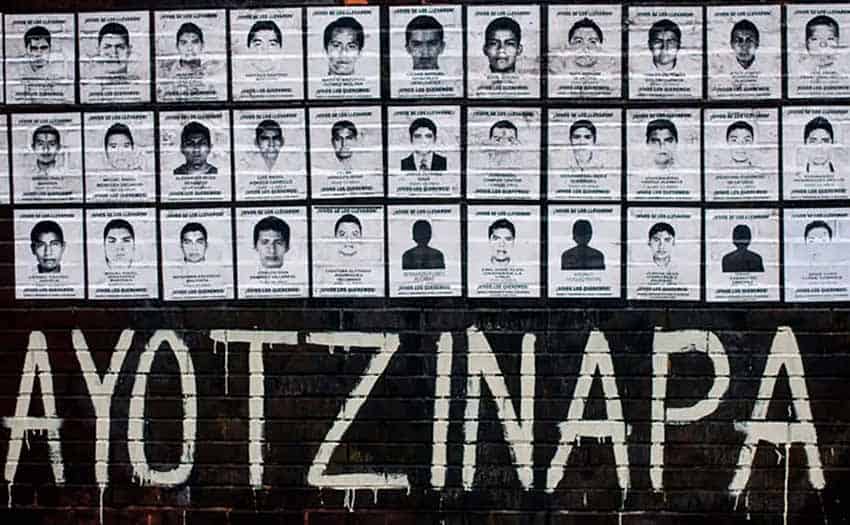
The disappearance of the students is one of the worst atrocities in recent Mexican history and was a major blight on the 2012-18 presidency of Enrique Peña Nieto, whose government has been accused of bungling the investigation and participating in and covering up the crime.
Fue el estado — it was the state — has been a common refrain at countless protests held across Mexico in the years since the tragedy that cut short the lives of the Ayotzinapa trainee teachers.
At a lengthy preliminary hearing that began Wednesday afternoon and concluded Thursday morning, the detained soldiers chose to remain silent. They are currently being held at a Mexico City military prison and are set to face another hearing in the coming days at which a decision on whether they must remain incarcerated will be made.
According to a protected witness identified only as “Juan,” soldiers that belonged to the 27th and 41st infantry battalions were on the payroll of the Guerreros Unidos.
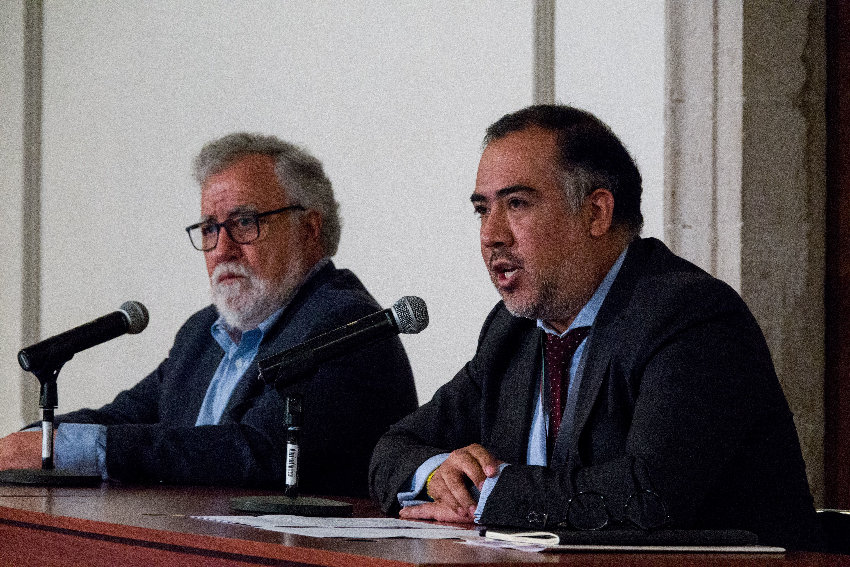
Arrest warrants were issued for 20 members of those battalions in August last year, but the FGR, citing “deficient evidence” in its own case, successfully requested the cancellation of 16 of them the following month. According to Reforma, the 16 warrants issued in Toluca last week were for the arrest of the soldiers the FGR previously decided not to prosecute.
Omar Gómez Trejo, the special prosecutor who was in charge of the case’s reexamination, resigned shortly after the FGR requested the cancellation of the arrest warrants. It appears that he disagreed with the FGR’s decision.
Santiago Aguirre, a lawyer and director of the Centro Prodh human rights center, said that the seriousness of the FGR’s current investigation won’t be established until all 16 arrest warrants have been executed and the suspects are in preventive detention awaiting trial. If the FGR succeeds in having them put on trial, advancement toward justice will be possible, he said.
Cesár Gonzalez, a lawyer for the detained soldiers, said Wednesday that the FGR’s case against his clients was weak. He asserted that the FGR is “manipulating at will the statements of members of organized crime to try to give a little more support to a case that has been falling apart.”
Retired Gen. José Rodríguez Pérez, a former colonel who commanded the 27th infantry battalion at the time of the students’ disappearance, is accused of ordering the murders of six of the kidnapped students several days after they went missing. He was arrested last September.
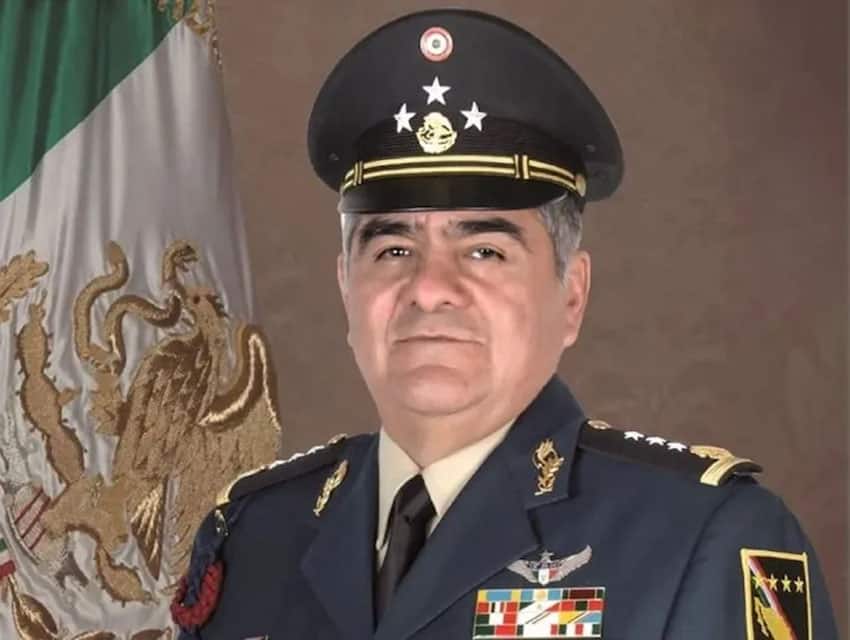
Former Attorney General Jesús Murillo Karam, the architect of the previous government’s widely discredited “historical truth” vis-à-vis the disappearance of the students, was arrested last August in connection with the Ayotzinapa case. The 75-year-old is in poor health and has been in and out of hospital since he was placed in preventive prison.
The federal government has asked the government of Israel to extradite Tomás Zerón — head of the now-defunct Criminal Investigation Agency during the government of former president Peña Nieto — to Mexico, where he faces charges of abduction, torture and tampering with evidence in connection with the Ayotzinapa case.
President López Obrador, who has vowed to deliver justice for the students and their families and created a super commission to conduct a new investigation into the case, said earlier this week that he had sent a second letter to Israeli Prime Minister Benjamin Netanyahu asking for the extradition of the ex-official.
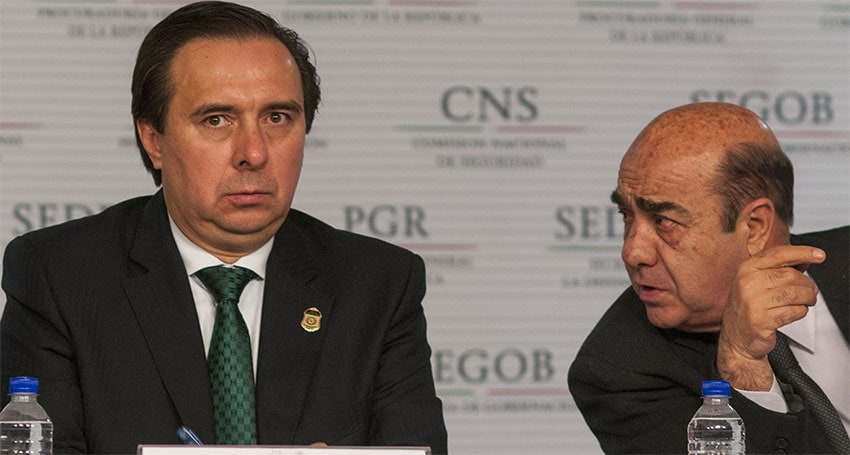
Both the government’s commission and independent experts have concluded that all levels of government, including the military, were involved in the abduction and presumed murder of the students.
López Obrador’s willingness to prosecute members of the military in connection with the case has been questioned due to his heavy reliance on the armed forces for a range of nontraditional tasks and his apparent desire to not upset its different branches.
Aguirre told The New York Times that the government’s case against the 16 members of the army is solid and that the arrest warrants issued last year were canceled due to political pressure.
“The president informed the families directly that the accusation of such a high number of soldiers had made the army angry,” the Centro Prodh director said of a meeting last September, “and that caused Attorney General Alejandro Gertz to order his people to suspend some of the warrants.”
The arrest of the soldiers wasn’t this week’s only development in the nebulous, almost 9-year-old case.
The newspaper El País reported Thursday that the two remaining members of the Interdisciplinary Group of Independent Experts (GIEI), which has been investigating the Ayotzinapa case since 2015, will soon leave Mexico. Citing sources close to the group, El País said that Carlos Beristain and Ángela Buitrago have no intention of renewing their current mandate, which expires July 31.
Created by the Inter-American Commission on Human Rights, the GIEI has delivered five reports based on its investigations into the events of September 2014. Its most recent report asserted that the military has hidden information that could help shed light on what happened to the students.
The group has clashed with the Defense Ministry, and its relationship with the federal government more broadly has deteriorated over the past year, apparently reaching a point at which Beristain, a veteran human rights investigator from Spain, and Buitrago, a Colombian lawyer, believe it is better for them to leave the country.
With reports from Reforma, Aristegui Noticias, AP, The New York Times and El País
